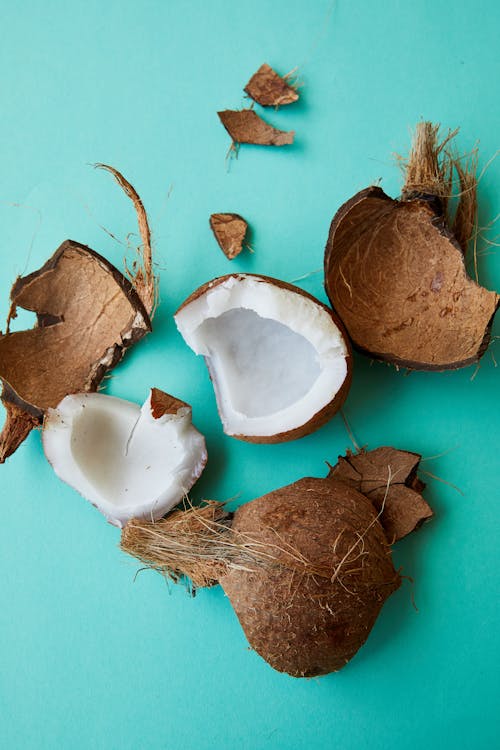
Canned coconut milk is thicker, richer, and more flavorful than carton coconut milk. It is made of coconut extract and water, and sometimes contains stabilizers or preservatives. Carton coconut milk is thinner, lighter, and less flavorful than canned coconut milk. It is made of water and coconut cream, and often contains additives such as sweeteners, flavors, or thickeners.

Canned and carton coconut milk have different characteristics that affect their quality and suitability for different purposes. Here are some of the main differences between them:

Here are some common questions that people have about canned and carton coconut milk:
Q: Can I use canned or carton coconut milk interchangeably in recipes?
A: No, you cannot use canned or carton coconut milk interchangeably in recipes. They have different ingredients, nutrition, taste, texture, price, and shelf life that affect their performance and suitability for different purposes. Generally speaking, canned coconut milk is better for cooking or baking as it has a thicker, richer, and more flavorful texture that can withstand high heat and add creaminess and depth to your dishes. Carton coconut milk is better for drinking or blending as it has a thinner, lighter, and less flavorful texture that can mix well with other liquids and add hydration and refreshment to your drinks.
Q: How do I store canned or carton coconut milk after opening?
A: After opening, you should store canned or carton coconut milk in an airtight container in the fridge. You should use them within three to five days or before the expiration date whichever comes first. You should also check for any signs of spoilage such as mold, discoloration, odor, or bubbles before using them.

You might be wondering why you should trust me when it comes to canned and carton coconut milk. Well, let me tell you a bit about myself. I’m Dale, the founder of Presstocook.com and a food safety expert with over 10 years of experience in the restaurant industry. I have managed busy Asian restaurants in central London where I ensured the highest standards of food safety and hygiene. I have been trained on the highest food safety standards and have a long track record of delivering the highest food safety in establishments I have been running, working with local authorities and external auditors, passing them all. I am certified in HACCP (Hazard Analysis and Critical Control Points – Level 2), Food Safety (Level 3), Health and Safety and Restaurant Management. All CPD certified and Endorsed by the institute of hospitality. I retrain every year to keep up to date with the latest updates in food safety standards and every changing legislation.
At home, I love to cook and play with gadgets, especially kitchen appliances. I have been using canned and carton coconut milk for years and have tried many different recipes, ingredients, and techniques. I know what makes a good dish with canned or carton coconut milk and what to avoid. I also know how to store and use them safely and efficiently. I have created this article to share my knowledge and experience with you and help you learn more about canned and carton coconut milk.
Canned and carton coconut milk are two different forms of the same product that come from the flesh of mature coconuts. They have different ingredients, nutrition, taste, texture, price, and shelf life that affect their quality and suitability for different purposes.
Canned coconut milk is thicker, richer, and more flavorful than carton coconut milk. It is made of coconut extract and water, and sometimes contains stabilizers or preservatives. It is better for cooking or baking as it can withstand high heat and add creaminess and depth to your dishes.
Carton coconut milk is thinner, lighter, and less flavorful than canned coconut milk. It is made of water and coconut cream, and often contains additives such as sweeteners, flavors, thickeners, emulsifiers, or fortifiers. It is better for drinking or blending as it can mix well with other liquids and add hydration and refreshment to your drinks.
